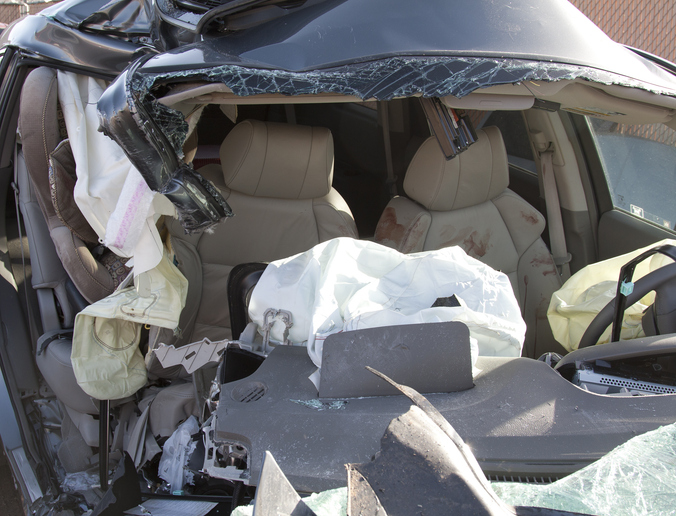
When a Car Accident Turns Fatal: What Families Should Know
Car accidents happen every day—but when they turn deadly, they leave behind devastation that extends far beyond the wreckage. For the families left behind, the pain is immediate, but the road ahead is long and filled with uncertainty.
From navigating the investigation process to handling insurance claims and understanding your legal rights, knowing what to expect after a fatal crash can help families make informed decisions in the most difficult of times.
Fatal Crashes Are More Common Than You Think
According to the National Highway Traffic Safety Administration (NHTSA), more than 40,000 people died in motor vehicle crashes in 2023 alone. These aren’t just numbers—they’re parents, children, and loved ones whose lives were cut short.
While fatal crashes can be caused by mechanical failures or unexpected road conditions, a significant number stem from driver-related negligence:
-
Distracted driving (texting, eating, etc.)
-
Speeding or reckless driving
-
Driving under the influence
-
Running red lights or stop signs
-
Drowsy driving
Understanding what caused a fatal accident is critical, not just for accountability but also for preventing future tragedies.
What Happens Immediately After a Fatal Car Accident?
When a crash results in death, law enforcement will typically secure the scene, collect evidence, and file a police report. In many states, this includes a preliminary fault assessment. Families may also need to communicate with insurance companies, the medical examiner, and possibly first responders or witnesses.
But the chaos of these moments can leave survivors unsure of what to prioritize. Here’s what to focus on:
-
Request a copy of the accident report from the local authorities
-
Preserve any evidence related to the crash (photos, witness contacts)
-
Notify the deceased’s insurance and begin documenting costs
-
Avoid rushing into quick insurance settlements
For a detailed look at what to do after a serious crash, the Insurance Information Institute (III) offers a comprehensive guide.
Emotional and Financial Fallout
Beyond the heartbreak, families face immediate and long-term financial pressures. Funeral costs, emergency medical care, loss of income, and emotional trauma can compound quickly. This is especially true when the deceased was a primary caregiver or breadwinner.
Mental health support is crucial after such loss. The National Alliance on Mental Illness (NAMI) provides resources and hotlines for those experiencing grief, PTSD, or crisis in the aftermath of a fatal crash.
When Negligence Plays a Role
Not every accident is preventable—but many are. When a fatal crash is caused by negligent or reckless driving, survivors may have legal options beyond insurance claims. In some cases, this includes filing a civil lawsuit for damages—especially when another driver’s choices led directly to the fatal outcome.
If your loved one was killed in a car crash caused by someone else’s negligence, you may be eligible to file a wrongful death lawsuit. These claims help families recover financial losses and can hold responsible parties accountable. An experienced attorney can guide families through this process with compassion and clarity.
For more information on the legal implications of fatal car accidents, the American Bar Association offers a helpful overview.
Preventing Future Tragedies
Education, defensive driving, and better road design all play a role in reducing fatal accidents. But the most effective change often begins at the individual level. Drivers must recognize that their actions on the road have life-or-death consequences.
Organizations like the National Safety Council (NSC) promote awareness campaigns, safe driving courses, and research on accident prevention. Getting involved in these efforts—or simply sharing their resources—can help honor the memory of those lost and protect others from similar fates.
Turning Grief into Action
Fatal car accidents are life-altering events that leave behind emotional and financial scars. While nothing can truly prepare a family for the aftermath, understanding what steps to take—legally, emotionally, and practically—can provide a measure of stability in an otherwise chaotic time.
If you’re navigating the aftermath of a fatal crash, don’t make the journey alone. Whether it’s support groups, legal counsel like Simon Bridgers Spires or mental health care, resources exist to help you find clarity and take the next step forward.


